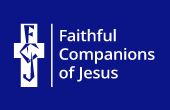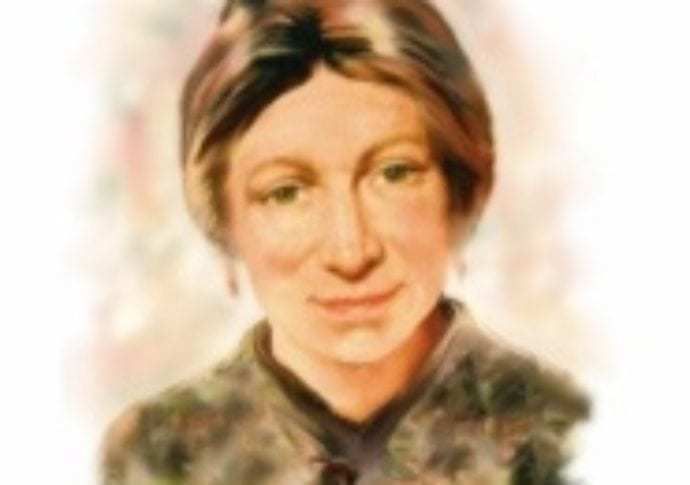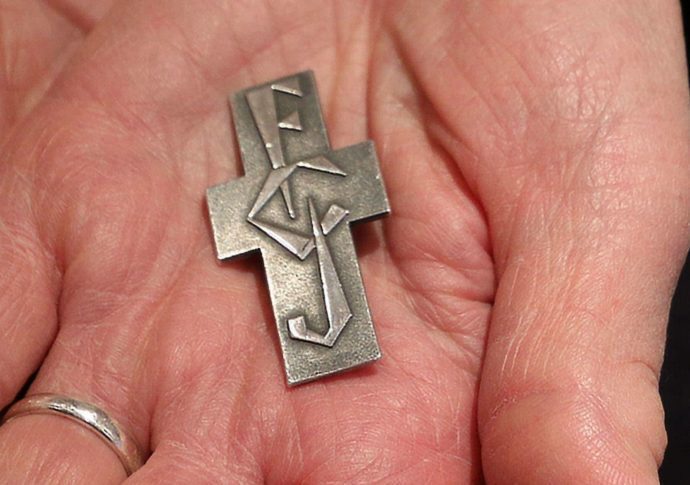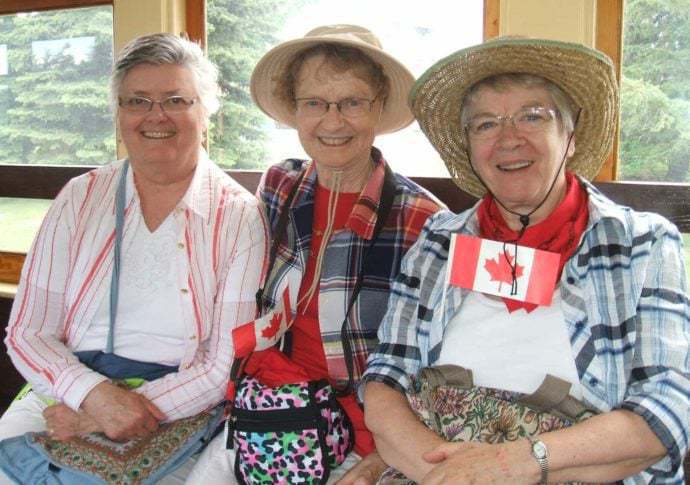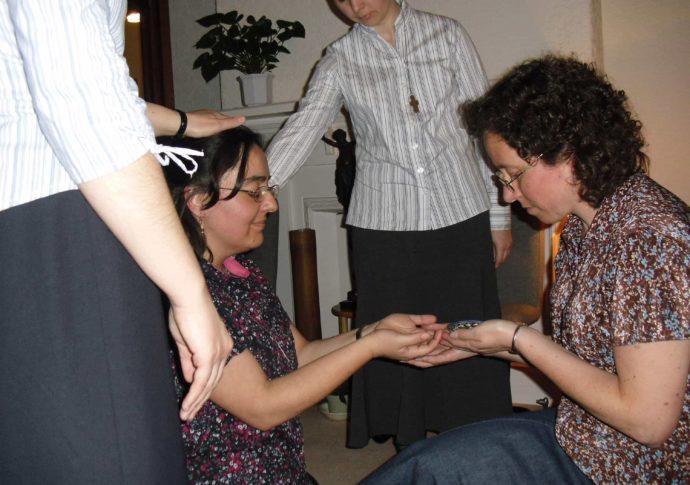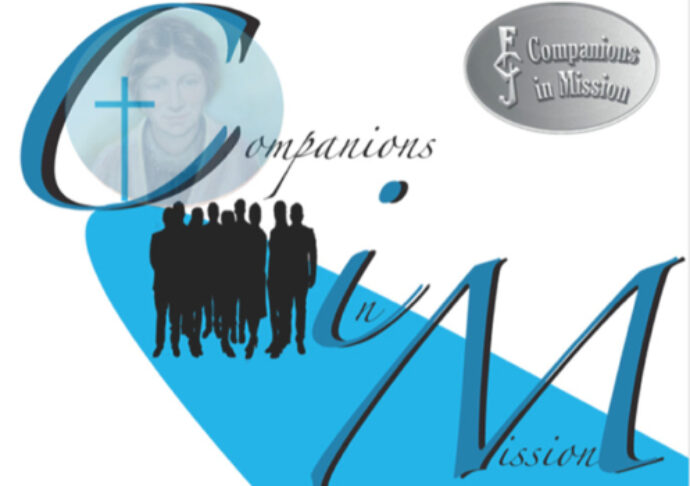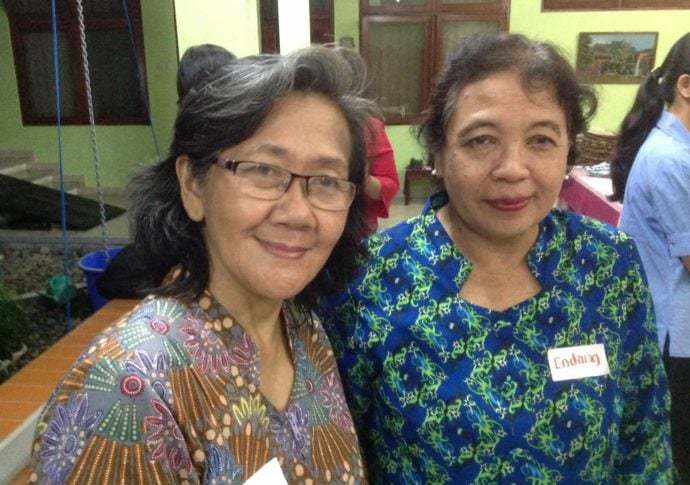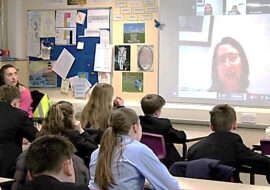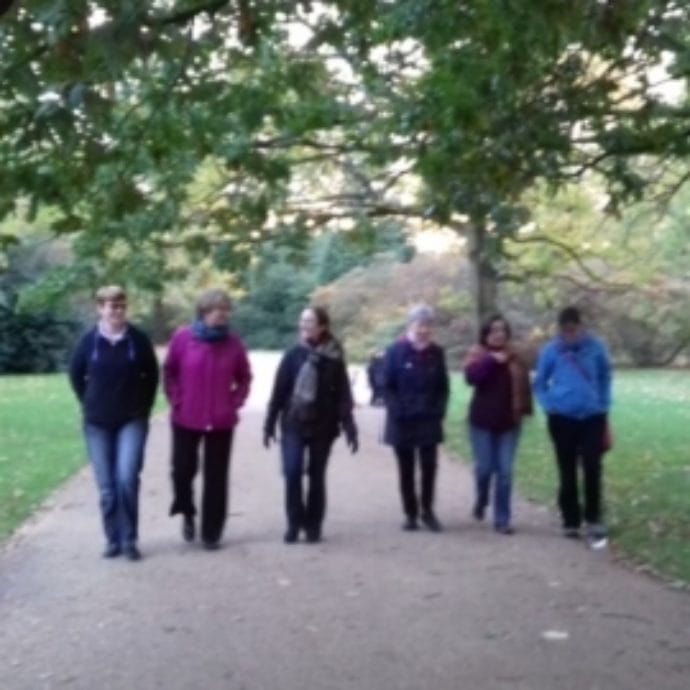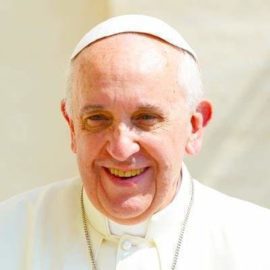By Liz, CiM
Liz, a Companion in Mission, was in Mexico at the time of Oscar Romero’s canonisation. She reflects on her experience:
On Sunday the 14th October I was immersed in a Latin American mass in the Parish Church of San Pedro de Verona Martir on the edge of Mexico City. With joy at the end of the mass it was announced that there was a relic of Oscar Romero in the church and that there would be a live transmission of his canonisation direct from Rome but due to the time difference there was an invitation to gather together later to watch this with great joy. Great cheering and applauding followed and the happiness of the congregation was palpable.
The whole service had been littered with hymns on the guitar, and signing through microphones asking for freedom for those oppressed, healing and consolation for those disappeared, lost or imprisoned and a solidarity with the poor and each other. Oscar Romero’s words certainly seemed to resonate, Each of you has to be God’s microphone. Each of you has to be a messenger, a prophet. Perhaps a fitting backdrop to the upcoming canonisation later that day across the sea in Europe.

The priest didn’t speak the homily from the pulpit but came down to the people and stood among them, moving around the congregation and asking questions evoking reactions such as nods, laughs, smiles, and raised hands to indicate they or family members they knew had been affected by the topics the priest discussed. I found myself wondering what it may have been like to listen to a homily given by Oscar Romero, listening to his voice, about Latin America today in a globalised world.
Throughout my travels around Mexico I became acutely aware too of the migrant community travelling through the country with hopes and dreams of a better life in the future for themselves and their families. The journey of facing the challenges and risking death by travelling on a dangerous freight train through Latin America known as ‘la Bestia’ (the beast), as well as their journey on foot. It was hard not to feel overwhelmed by such inequality and by the sheer scale of the issue at hand, with politics of fear and economic division thrown into the mix. Prayers were offered at the church for the migrants. Then some of the words of the prayer attributed to the story of Saint Oscar Romero echoed in my mind:
It helps, now and then, to step back and take a long view.
The kingdom is not only beyond our efforts,
it is even beyond our vision.
We accomplish in our lifetime
only a tiny fraction
of the magnificent enterprise
that is God’s work.
Nothing we do is complete,
which is another way of saying
that the Kingdom always lies beyond us.
No statement says all that could be said.
No prayer fully expresses our faith.
No confession brings perfection.
No pastoral visit brings wholeness.
No programme
accomplishes the Church’s mission.
No set of goals and objectives
includes everything.
That is what we are about.
We plant a seed that will one day grow.
We water seeds already planted,
knowing that they hold future promise.
We lay foundations
that will need further development.
We provide yeast that produces effects
far beyond our capabilities.
We cannot do everything,
and there is a sense of liberation
in realising that.
This enables us to do something,
and to do it very well.
It may be incomplete,
but it is a beginning,
a step along the way,
an opportunity for the Lord’s grace
to enter and do the rest.
We may never see the end results,
but that is the difference
between the master builder and the worker.
We are workers, not master builders,
ministers, not messiahs.
We are prophets of a future not our own.
